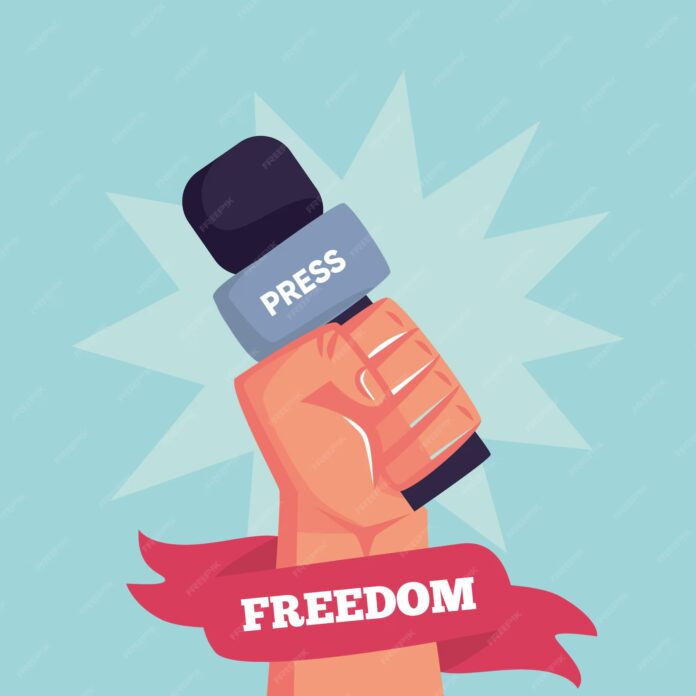Christiane Amanpour once said, “The role of the press is to tell the truth, to hold power accountable, and to give voice to the voiceless.” The ultimate tool needed by media institutions and practitioners to fulfill this role, especially as a watchdog, is media freedom.
It is not surprising that organizations such as the Media Foundation for West Africa (MFWA), Reporters Without Borders (RSF), and the Committee for the Protection of Journalists (CPJ), among other press freedom advocates, have continually called for the repeal of the Criminal Offences Act of 1960 (Act 29) and the Electronic Communications Act (Act 775). These calls have intensified following the arrests of several journalists, including David Tamakloe and Noah Dameh, over the publication of false news.
This raises a significant question: Should these laws really be abolished? Particularly in an era where new media allows individuals to express their opinions from the comfort of their homes. While social media has enhanced citizen participation and given a voice to the voiceless, thus strengthening our democracy, it has also contributed to the rise of misinformation and disinformation. Recently, we witnessed the arrest of a presenter at Wontumi TV, Akyenkwaa Nana Kofi Asare, for falsely accusing His Excellency John Dramani Mahama of being involved in a helicopter crash that killed eight people, including two ministers.
Additionally, just this past Monday, September 8, the Ghana Police Service arrested the Bono Regional Chairman of the NPP, Kwame Baffoe, known as Abronye, for his media-related actions, which were charged as “offensive conduct conducive to the breach of peace.” Unfortunately, Ghanaian social media has become a platform for insults instead of being used to uplift ourselves, promote our businesses, and foster the development of our country.
As we advocate for media freedom free from censorship and intimidation, we must also recognize that all rights come with responsibilities. As John F. Kennedy rightly said, “Without debate, without criticism, no administration and no country can succeed, and no republic can survive.” However, when exercising our right to freedom of speech, we must do so constructively and respectfully, considering the impact on others. This way, we can exercise our rights without infringing upon the rights of others or violating the law.
In conclusion, I reiterate the words of Sampson Lardy Anyenini Esq., “Let your communication improve, not destroy our democracy.” By doing so, we can build a better Ghana for ourselves.



